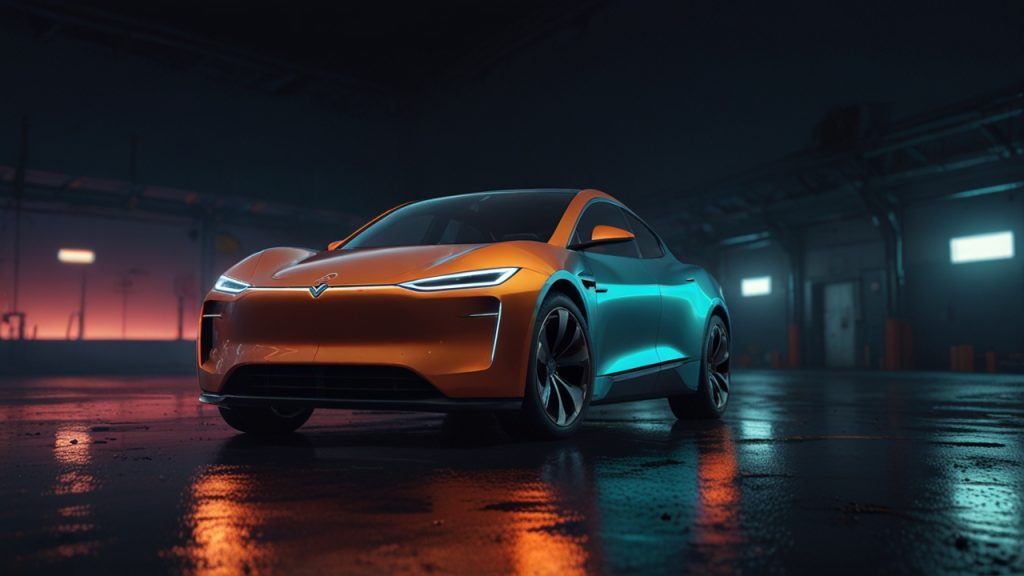The Chinese electric vehicle revolution achieves oil conservation and impels ecological progress.
China’s main urban areas are in the middle of a complete transit overhaul due to exceptional electric vehicle market penetration. Beijing, once known for its chaotic traffic and pollution, is now a prime example of this change: Electric vehicles now dominate roads across China while using unique green plates to demonstrate their sustainable quality.
This shift produces extended effects which extend outside the capital’s borders. Recent Chinese sales statistics show electric vehicles dominating more than half of the new automobile market as the country shows strong potential to ban internal combustion engines throughout the coming decades. 2024 predicted to see a remarkable rise in EV sales which will reach 11 million units from the 7.9 million sold in 2023.
- China, the success of EVs
China achieved its success in EV manufacturing through a multidecade strategy which started over twelve years ago. The government offered multiple incentives involving economic support combined with fundamental research funding to increase electric vehicle production volumes and stimulate EV purchases. Such initiatives have enabled the sector’s resolution of early obstacles while creating a worldwide-leading charging network.The move toward sustainable energy proved essential as a critical factor.
Due to its historical reliance on imported oil China recognized electric vehicles as a way to combat its dependency on petrol resources. Electric vehicles built with local electricity production establish a safer transportation system while promoting sustainability. Electric vehicle adoption fuels a significant impact on worldwide oil industry consumption. Demand for traditional fuels in China is declining: Crude oil imports show their initial yearly downward trend since 2004 due to a 1 percent drop in gasoline use in 2024. Total oil demand is expected to achieve its maximum level during 2030 according to International Energy Agency analysis.- Coal is still present
Despite these difficulties there is no lack of obstacles blocking progress. Though renewable energy grows in China it remains necessary to operate the power grid primarily with coal-based resources. While EVs lower emissions compared to regular vehicles they still create pollution that represents an indirect threat to the environment. Experts forecast that Chinese electrical grid carbon intensity will decline to 60% below current levels before 2040 which will boost EV environmental benefits.China remains dedicated to achieving 100% EV sales by 2040 while establishing itself as the global leader for low-carbon economic transformation in electric mobility.
Why China has won the electric car bet
Previous ArticleNew rules for bike racks and ski racks: what changes

